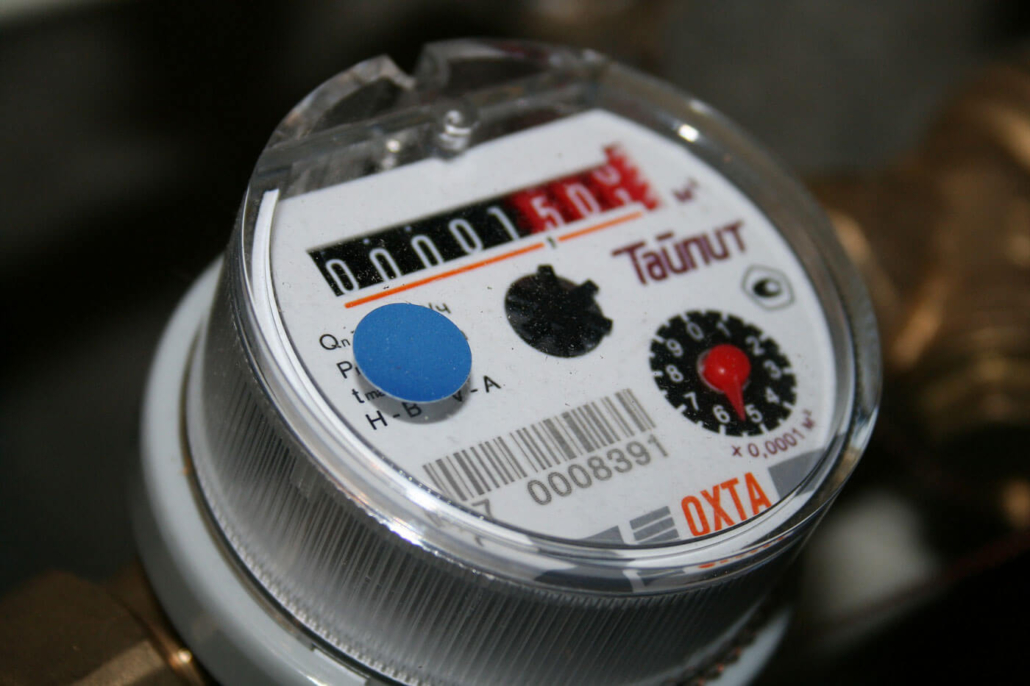Tips To Help You Find Hidden Plumbing
6 tips to help you find hidden plumbing leaks
Water is a precious commodity, and it’s something we simply can’t afford to waste. However, for all the rhetoric about water conservation, we still waste a lot of it through plumbing leaks we didn’t know existed. According to the Environmental Protection Agency (EPA), when there’s a household leak, an average family can waste up to 9,400 gallons of water annually.
While it’s relatively easy to address leaks you can actually see (like a continuously-dripping faucet) hidden plumbing leaks are an entirely different story. Before you can fix hidden household leaks, you have to locate them first, which can be pretty tough to do. In many cases, a household will have lost gallons upon gallons of water and incurred water damage by the time their leak detection efforts bear any fruit. If you have a nagging feeling that there’s a hidden plumbing link somewhere in your home, here are six tips that can help you find it before it’s too late:
1. Check Your Recent Water Bills
Let’s say that your household has four members, and your water bills have been just right until a couple of months ago. If your most recent water bills have spiked enough to make it seem like 12 people live and use water in your home of four, you have a huge red flag in your hands. Your recent water bills will help you confirm that there is, indeed, a hidden leak in your house, so always check them first before going leak hunting.
2. Check Your Water Meter
Almost every water meter has a leak indicator, usually a small red dial that moves even with extremely minimal water flow. Before doing a water meter test, make sure that all water-using devices in your home are off. Once you locate your water meter, take a close look at the leak indicator, which should stay completely still if no one is using the water. If the leak indicator continues to move, then you’ve got another confirmation that you may have a plumbing leak on your hands.

3. Test Your Toilet For Leaks
Modern toilets have always been voracious water guzzlers. With every flush, you end up using five to seven gallons of water, which is incredibly wasteful by any standard. If your toilet is the source of the leak, then you can only imagine how much water has been wasted the entire time, especially since the toilet is one of the most frequently used devices at home.
A simple dye test can help you confirm if your toilet is the culprit. Pour some food dye into your toilet’s tank, leave it for 15 to 30 minutes, then return to check if the water in the toilet has turned to whatever dye color you put in the tank. Colored toilet water means there could be something wrong with your flapper, which is supposed to block the flow of water out of the tank completely. It could have a warped, corroded, or pitted surface, rendering it unable to seal the flush valve properly. If this is the case, then you may have to replace the toilet flapper.
4. Check For Signs of Water Damage
Water pipes run all over your house, from behind your walls to underneath your floors. If your home has a second floor, plumbing will be directly above the ceiling on the first floor. When hunting for a hidden leak, check parts of your home that have plumbing behind, below, and above them and look for signs of water damage. These signs may include water stains, damp areas, and bubbling or peeling paint. It would help if you also watched out for mold formations, which thrive in areas with excessive moisture.
5. Check Your Water Heater
If you’ve got one of those old-school water heaters with huge tanks, you might want to give it a closer look. One obvious possible sign that your water tank is leaking is a puddle of water right next to it. If you see one, it’s possible that the tank already has cracks, although the water puddle may also be caused by the water heater’s leaking valves and pipes.
6. Take The Search For Leaks Outside
Can’t find any signs of a leak inside your house? Take your search outside, and you just might find the source of the leak. Your yard has pipes running underneath it, and one of them could have been damaged for any number of reasons and is now expelling precious water into the earth. Be on the lookout for pooling water in your yard, as it’s a clear indicator that there’s a lot of moisture in the ground, especially if it’s not the rainy season. You should also take note of the grass. If some areas are greener than others, a water leak under them could be giving them extra nourishment. If you come up empty-handed in your search for a leak, but you still think there’s one hidden somewhere, it’s probably time to bring in professional help with the skills, experience, and tools necessary to pinpoint the leak for you.
Call or Email Us Today!
Buying or selling a home in the Jacksonville FL area? Our detailed home inspection consists of a thorough examination of all systems and components of the home. See one of our sample home inspection reports and read our 5-star home inspection Jacksonville FL reviews. We’re always here to answer any questions, whether it’s weeks, months or years after your home inspection. Let our local, Jacksonville FL home inspectors help you make an informed decision.
Bold City Home Inspections provides home inspection services to all of Duval, St. Johns, Clay and Nassau counties. Click the button below for a FREE, no-obligation home inspection quote:
Comments are closed.
Navigation
Business Information
Atlantic Beach, FL 32233
Hours:
Mon – Fri 8am – 6pm
Sat – Sun 8am – 3pm
Home Inspector Proudly Serving:
Home Inspector Blog
- Common Home Inspection Findings in Homes Built Before 1950
- Benefits of Air Quality Testing
- Things to Look for When Touring a Home
- How Long do Asphalt Roof Shingles Actually Last?
- How Long Does a Home Inspection Take?
- Top Tips to Reduce HVAC Energy Costs and Lower Your Energy Bill
- A Basic Guide to Swimming Pool Leaks for Pool Owners





It’s great that this article explains that if your water bills have spiked within the last few months, it could be a sign of a water leak. When I visited my cousin a few weeks ago, she was complaining about how her water bills suddenly increased in March. Maybe I should talk to her about hiring a professional that specializes in leak detection to find out if this is the cause of her problem.
You make a great point about how a water heater can leak puddles from the valves. I have a loose valve or a hole in the pipe. I’ll have to hire a plumber to swap out the pipes.